How to be more confident: 8 simple ways to build your confidence and self-esteem
Learning how to be more confident can change not only how the world sees you, but how you see yourself
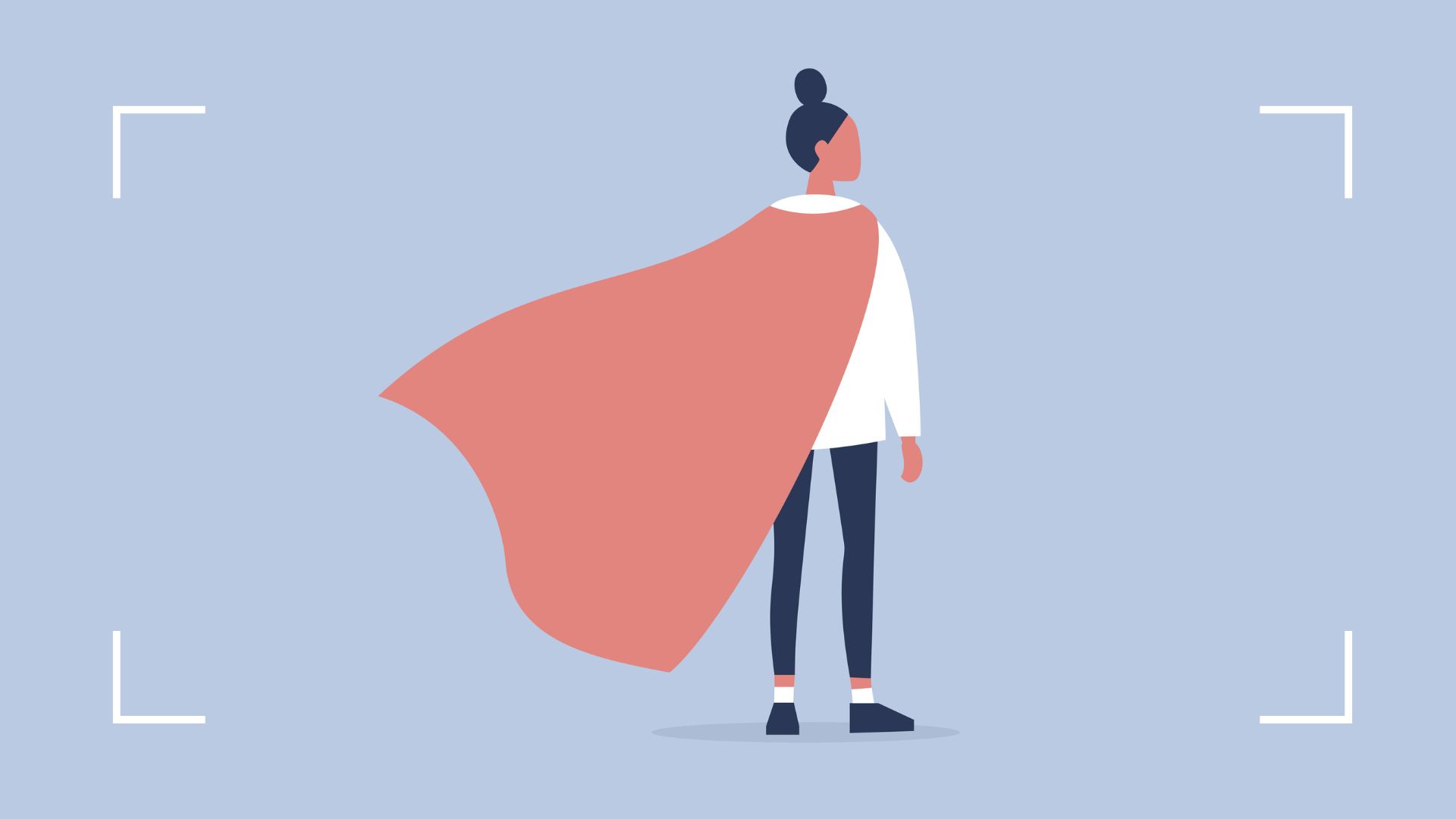

Emily Smith
We all want to learn how to be more confident and we can often feel that a lack of confidence is all that's holding us back.
Being present in yourself, trying to put your best foot forward, and giving off positive body language is simple in theory, but learning how to be confident internally takes work. Writer and broadcaster Laura Barton created a BBC Radio 4 series, The Confidence Trick in 2017.
"I’m a much more confident person than I was when I made that series," she says, explaining it's a matter of maintenance at this point, like training a muscle. "I am constantly doing things to increase my confidence, whether that's saying yes to things or, just as importantly, no to things."
Getting to a point of maintenance has been a challenge for Barton. "I've spent much of my life really frustrated by myself and my inability to ask for what I want or what I need because, I suppose, on some level, I wonder whether I'm actually worthy of those things."
Worth is what it all comes down to. It's believing that you have worth exactly as you are. "Not perfect, not better than anyone, but worthwhile," says psychologist Aimee Daramus.
At very low points, Barton found it hard to speak in meetings, walk across an office, go into a shop, a bar, a party, spend money on herself, or wear anything noticeable, "because, fundamentally, I didn't feel I had the right to take up space," she says. "It's been an exhausting way to live."
"These days I live in something more like a state of confidence," she says, "that I can build that muscle."
Sign up for the woman&home newsletter
Sign up to our free daily email for the latest royal and entertainment news, interesting opinion, expert advice on styling and beauty trends, and no-nonsense guides to the health and wellness questions you want answered.
So how do you improve your own confidence? Experts who study the topic and help people learn how to be more confident offer woman&home some practical tips.
How to be more confident
1. Get to know yourself and what you really want
Barton says that therapy has been one of the greatest gifts in her life. "I have an amazing therapist who has helped me develop stronger boundaries, and who routinely reminds me that I am enough."
Seeking help from a psychotherapist isn't necessarily accessible for everyone, nor is it the only way to delve deeper into yourself. Practicing meditation, mindfulness, and reconnecting with your body via physical activity can help too.
2. Stop seeking approval from others
Living your life for others' approval can annihilate anybody's confidence. Aimee says, "If you‘re defined by others, you‘re not defining yourself or running your own life."
Taking agency and control over your own existence means no longer feeling crushed under the weight of meeting the standards of others, or the idea of your only worth being via pleasing others.
"Confidence is believing that you have worth exactly as you are," says Aimee. "Not perfect, not better than anyone, but worthwhile. It also means that you believe that you‘ll find a way to meet goals and overcome obstacles."
3. Take up space
Patsy Rodenburg OBE, has become a world expert in teaching voice, speech, and presentation skills to individuals and companies across both corporate and creative industries. "If you're not confident, people won't listen to you," she says, and she should know as the author of many books on the topic. Her latest book The Woman’s Voice, out in February 2023, includes guidance that she's learned throughout her extensive career. Sadly, she says low confidence is something she sees often in women, "it's really hard for women, I see it all the time."
"You can just see it," she says. "They're looking down at the floor, making themselves smaller. When it's their turn to speak during a presentation they're speaking before they even reach the stage, and it's far too fast."
She says there are ways to train yourself to be more confident and, "feel you have the right to be there."
Rodenburg offers four 'tricks' that she implements in her teachings.
- Find your presence: Look out at the world. For example, imagine you're doing a presentation at work. Look at the people in the audience. Look at them in the eyes when you walk in and take your time before you begin.
- Breathe: You need to breathe low into your stomach, inhale deeply and slowly. There are countless breathing techniques for anxiety that can help you get used to controlling your breath.
- Stance: Stand with your feet forward, your knees not locked, your shoulders loose and relaxed, and your weight in the ball of your foot and your toes. Rodenburg says that even doing this sitting down at a desk will help you feel grounded.
- Project your voice: Send your voice up and out. If you look up, slightly above your eye-line, this means that you're naturally allowing the voice to travel farther.
- Practice: All of the above methods are transferable to realms far beyond work presentations - and can help you in how you navigate every part of your life. Rodenburg suggests reading a book out loud at home, speaking slowly, and allowing yourself time.
4. Change your mental relationship with failures
Catherine Tinsley is a professor of management at Georgetown University and director of the university's Women’s Leadership Institute.
Siting one field study she and her colleagues had undertaken, she said, "women increased their self-confidence when they changed the mental relationship they had with failures."
It all came down to reframing failure as evidence that they had tried. Those who considered that, "any failure is just one step further on the road to eventual success, enjoyed a boost in self-confidence," she explains.
Fans of Elizabeth Day's podcast and subsequent book How to Fail will be familiar with the stories of incredible success stories who've taken a few knocks along the way. Just like the song, however, they got back up again.
Getting back up again is what pushes you forward, even when the world tried to knock you down. Be it dating, working, or starting a new project that goes belly up, trying and risking failure is a vulnerable act and, as Brene Brown says in The Call To Courage, vulnerability is a measure of how brave you are.
So by implementing a mindset change and seeing any perceived failures as a part of your journey, you can see your self-confidence soar.
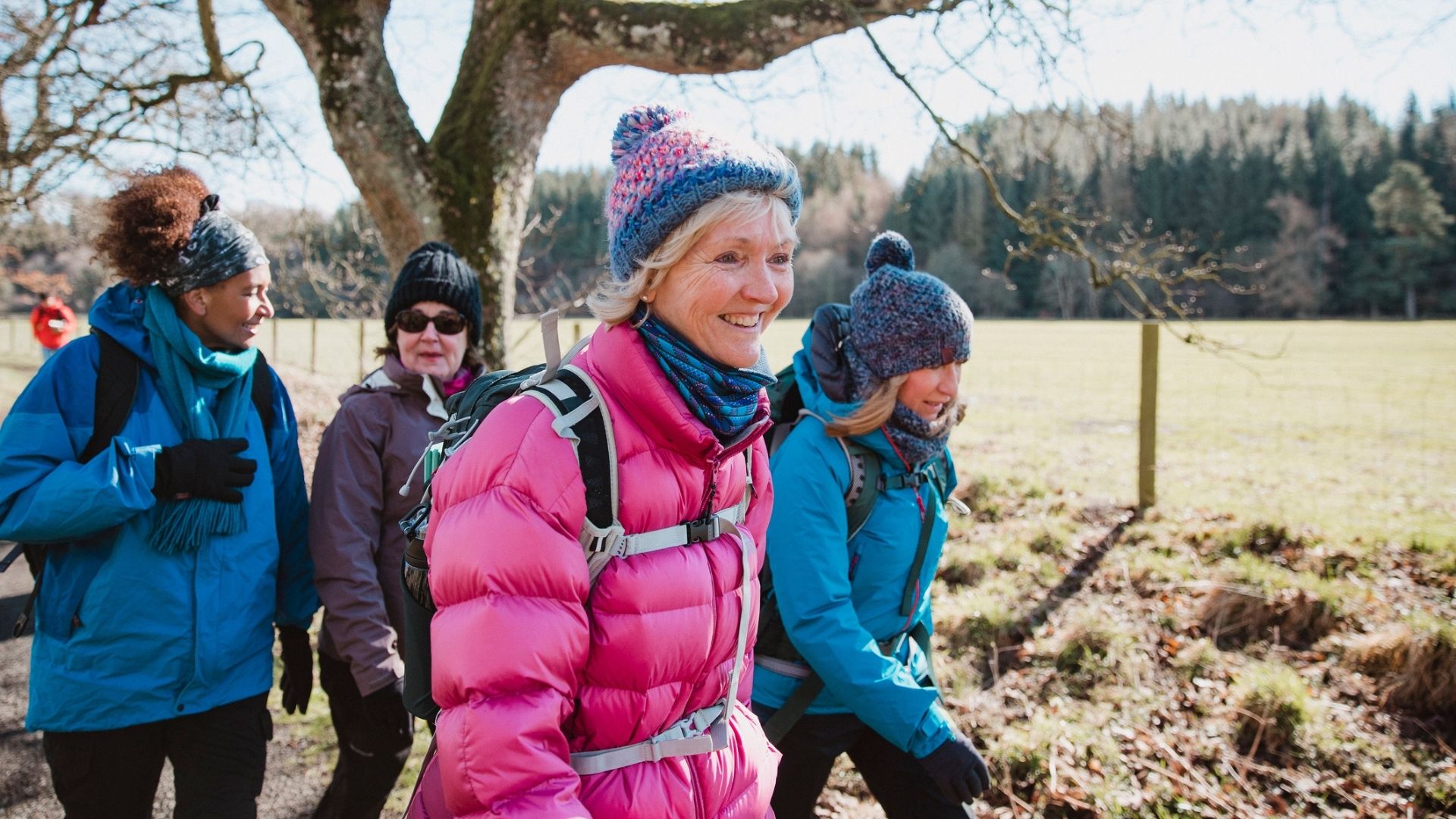
5. Build a support network
Women's Confidence, a large global study to understand, measure, and increase women’s confidence, found that few women around the world actually feel extremely confident. One of their findings suggests that contrary to popular belief, "confidence is not a personal matter or an individual possession."
Their research indicated that it’s something that you, "receive, give and grow with others. There is strength in joining forces: increasing confidence is something collective."
Surround yourself with people who lift you up, not put you down. Choose those who give you energy, not sap yours away. In light of the shocking gender imbalance with regard to any number of issues, of which low confidence impairs, it's especially important to lift your fellow females up too.
This is evidenced in another study, published in the Harvard Review, that found that women who communicate regularly with a female-dominated inner circle are more likely to succeed. So by lifting up fellow women, you're sure to feel the benefit. If you're looking to expand your circle, take a look at our guide on how to make friends as an adult.
6. Channel your inner child
This may seem a little left field but psychologist and holistic health counselor at InPulse, Veronica Hlivenko, explains that connecting with your inner child can seriously help with learning how to be more confident in adulthood.
"Early childhood is often addressed as a period when the person experiences the highest levels of confidence and self-esteem. Kids are free of self-doubt and criticism and optimistically explore the world, enjoy the moment, and genuinely express themselves along the way," she says. "Connecting with your inner child can also help you address negative past experiences and eliminate emotional pitfalls that may have affected your self-confidence as an adult."
Hlivenko suggests taking up old hobbies and unique interests that you loved as a child and allowing yourself to rediscover that unwavering confident energy. Paint on the walls, buy a skipping rope, and welcome back some of that self-assuredness that years of adulting took away.
7. Indulge in things you like
Think retail therapy but with a little more meaning and perhaps a little less shopping. Hlivenko explains, "When buying something for yourself, don’t approach it as a guilty pleasure but the thing you fairly deserve just because you feel you want it. "
Maybe there's a dress you've had your eye on but have been putting off buying because it's 'too much' or you feel like you haven't earned it. Feelings such as these can hold us back from experiencing the things we enjoy and come from a place of insecurity.
Allowing yourself to have these 'treats' when appropriate can help battle those thoughts and feel more confident within yourself in a number of ways. "First, on mental and emotional levels, beautiful things are signs of self-respect. Second, they are not just materials but confidence boosters for each time you will use/wear them," Hlivenko says.
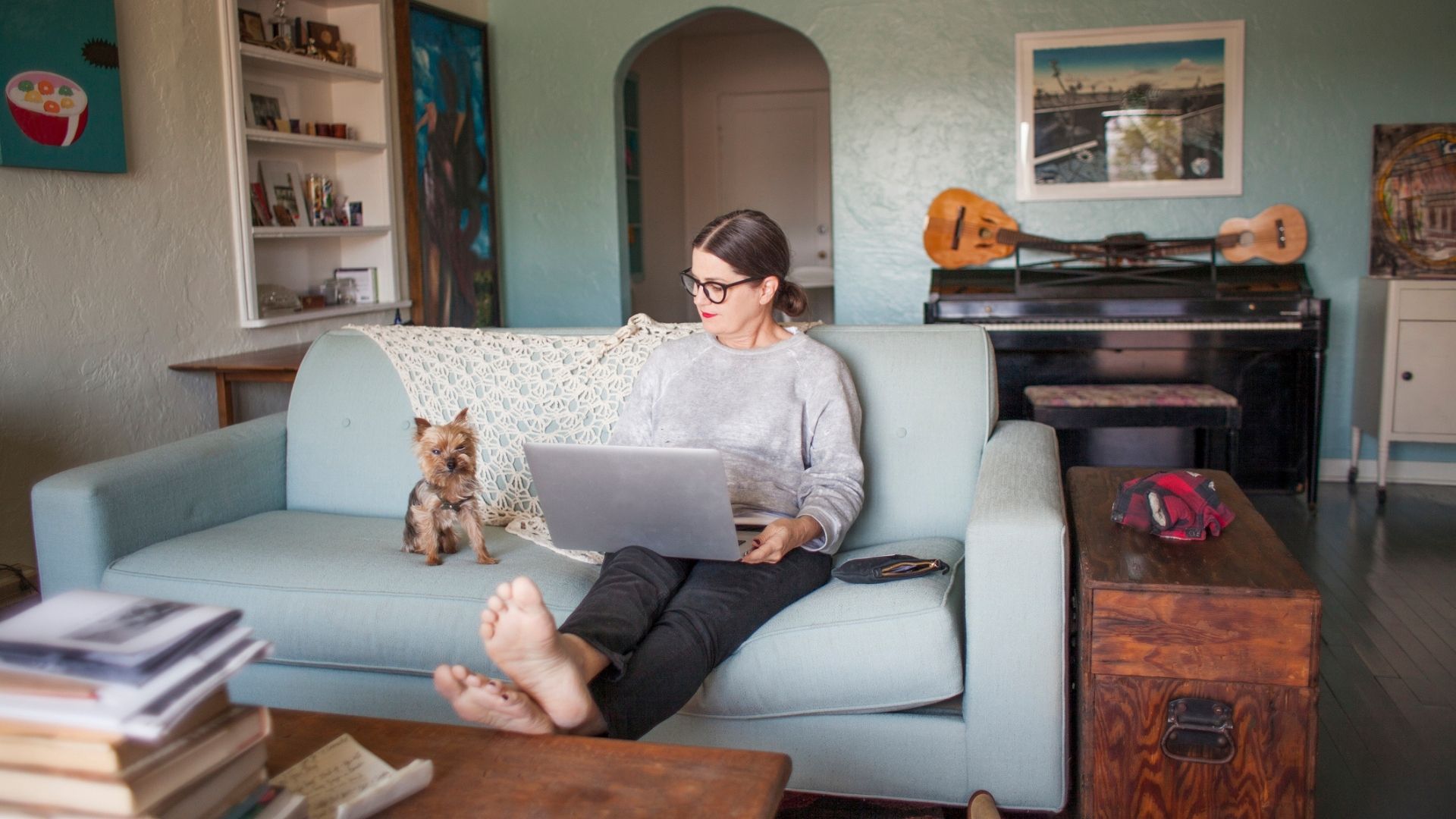
8. Keep a list of your best attributes
When you're low on confidence it can be hard to sometimes even think of one thing you really like about yourself, but this cycle of negative thinking is important to break.
Confidence and mindset coach Georgie Clarke, suggests writing down all of your 'awesome attributes' in a list. She says, "Write down your achievements, various challenges you've overcome, or skills or talents you have. Then, every morning read this list out loud to yourself in front of a mirror."
Research from the Annenberg School of Communication shows that these affirmations can actually work to rewire your brain on a cellular level. Clarke explains, "Through consistent repetition, positive affirmations reinforce new ways of thinking that reprogramme your subconscious mind, creating new neural pathways in your brain which in time become your ‘default’ way of thinking."
If you're feeding yourself negativity after a while you'll embody it, there's only so many times you can say bad things about yourself until you start believing them. That's why reciting your positive attributes can work wonders because the good things that are true will begin to overwrite the bad thoughts that aren't.
Clarke says, "The mind doesn’t know the difference between what’s real and what’s not, so we can train our minds to think in a way we want to boost our self-confidence."
What are the wider impacts of low self confidence in women?
Dr. Sabrina Romanoff, a clinical psychologist, says, "Low self-confidence could result in failed social relationships, difficulties maintaining romantic relationships, persistent feelings of exhaustion, depression, and isolation."
People with low self-confidence are more likely to have weak interpersonal ties and struggle when taking in feedback or ways to improve, she adds. They could find it harder to know how to be happy in a relationship as well. "Because they might be more sensitive to criticism, they might struggle with perseverating over their perceived shortcomings instead of channeling their energy into improving. They are also more likely to take fewer risks and be indecisive when it comes to their personal and professional life."
Dr Romanoff explains, that if a person believes that they are competent, smart, and capable, others are much more likely to believe them. "By acting confident, people are more likely to appear credible, manage high-stress or pressured situations, make strong first impressions, and manage challenges," she says. "Confidence also attracts other people as you are more likely to make others feel comfortable and drawn to you."
Why is it important to build confidence?
Building confidence is vital in far more ways than you could possibly imagine, and it's vitally important in driving our motivation, resilience, and ultimate success.
Professor Tinsley explains, "Confidence is critical for feeling good about who you are and what you do. Women have a right to feel good about who they are. We have seen firsthand how interconnected a woman's positive mental health is to her confidence and empowerment and her ability to experience joy from the inside out."
The professor explains that self-confidence can affect whether you make timely decisions and assert yourself, feel able to try new or difficult things, and move past mistakes without blaming yourself unfairly. It's also essential if you're looking to learn how to be happy alone.
"When we think of confidence, we can link it to empowerment," she explains. "Confidence is empowerment from within, and both are intrinsically linked to mental health with economic consequences."
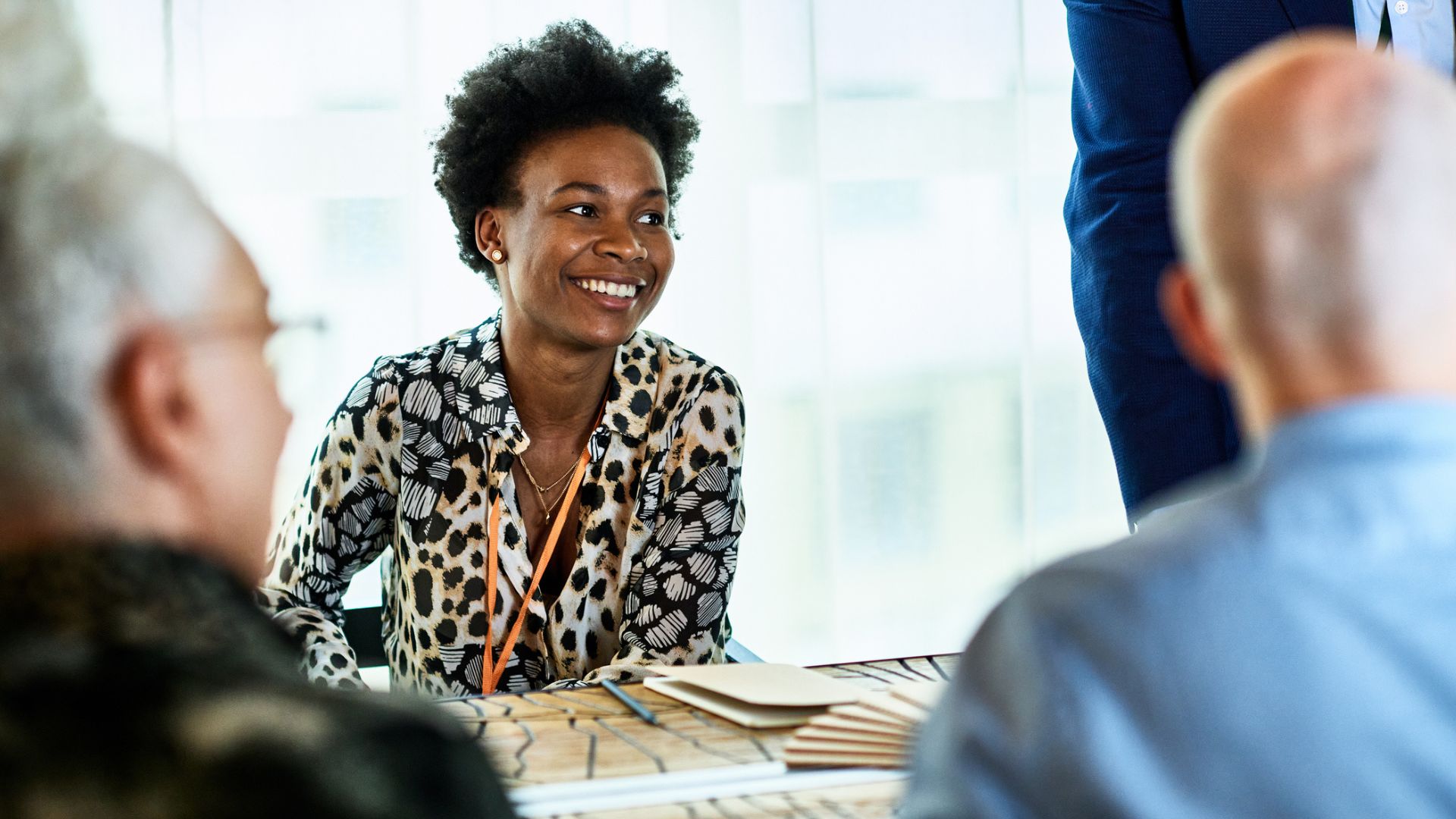
Why is confidence especially important in women?
So we know now that it's not just about how you present yourself, but how you take up space and how the world views you. In women, it's especially important. "Confidence is important in women because they tend to be taught from a young age to not take up too much space and to be humble," says Dr. Romanoff. "Many women have been socialized to not appear threatening, which manifests through assuming a self-conscious or modest position."
The psychologist says it all comes down to people judging a book by its cover, and that people accept what you project. "We are constantly taking shortcuts when it comes to learning about others and the quickest way we tend to make judgments is by gauging how a person treats themselves."
So women being taught to be small, not take up space, and god forbid show how brilliant they truly are has a wide and damaging impact. "This hurts them because they have been conditioned to prioritize relationships and appear non-threatening over and above showcasing just how capable they are," says Dr. Romanoff. It's something that has prevented many from learning how to be happy alone as well.
What’s the difference between self-esteem and confidence?
These two phrases and the challenges they bring certainly have commonalities, but there is a difference between the two issues.
According to the University of Queensland, "Self-esteem refers to whether you appreciate and value yourself. Your self-esteem develops and changes as a result of your life experiences and interactions with other people. Self-confidence is your belief in yourself and your abilities."
There's no doubt that one can feed into the other, but that works for tackling them as well - in that learning to increase one can have a positive influence on the other two.
Tips for building self-esteem
Once you've done the hard work and built your confidence up, there's also the matter of your self-esteem when it comes to learning how to be more confident. There are a few ways you can develop this, and even though our self-esteem relies heavily on outward influences, we are able to take particular steps to get the ball rolling.
1. Create a praise list
It can be too easy for us to subconsciously brush off compliments and ignore statements of praise when we hear them. If we don't believe we're deserving of them in the first place it's a natural first step to invalidate them altogether. Ultimately, this leads to us feeling devalued when the opposite is true.
Chloe Brotheridge, Hypnotherapist, coach and author of The Confidence Solution suggests keeping track of a Praise List. "Self-esteem has to do with our sense of self-worth. An exercise I love to take my clients through is called The Praise List. Think about all the good feedback, compliments, and successes you've had. Make a list and continue adding to it," she says. "Each time your colleague says something positive about your work or your spouse gives you a compliment, write it down."
Doing this, on paper or with one of the best journaling apps, can attune your mind to start looking for the good things about yourself and if doubt creeps in you can simply look at the list again, reminding you of all the wonderful things people have said.
2. Surround yourself with people that make you feel good
Staying in negative and draining environments that can trigger social, professional, or even relationship burnout can take a huge toll on your self-esteem.
Choosing to be around those who don't lift you up and bring happiness may start to chip away at the resilience and self-worth you've worked too hard to build up. Kristin Nathan, a therapist and grief counselor, is quick to stress the importance of who you are choosing to be around. She says, "Spending time with people who truly make you feel good about yourself is key to feeling like your best self."
3. Challenge yourself
A big part of building up our self-esteem comes from the life experiences we have and the people we come into contact with. It's important to continue pursuing self-development and doing activities that push us is a great way of achieving this.
Kristin, whilst also stressing the importance of focusing on your individual strengths, tells clients to set reasonable but challenging goals. Setting goals that can be achieved is a great way to manage your overall mood.
Whether it's a solo dining out experience, a difficult hike you've always wanted to tackle or perhaps speaking up more at work, these daunting yet attainable goals can be great for increasing your feelings of self-value if you're looking to learn how to be more confident.

Aoife is an Irish journalist and writer with a background in creative writing, comedy, and TV production.
Formerly woman&home's junior news editor and a contributing writer at Bustle, her words can be found in the Metro, Huffpost, Delicious, Imperica and EVOKE.
Her poetry features in the Queer Life, Queer Love anthology.
Outside of work you might bump into her at a garden center, charity shop, yoga studio, lifting heavy weights, or (most likely) supping/eating some sort of delicious drink/meal.
- Emily SmithDigital lifestyle writer
-
 Aldi's affordable bedding is actually made by my favourite sleep brand - it's got more than your duvet covered
Aldi's affordable bedding is actually made by my favourite sleep brand - it's got more than your duvet coveredAldi's Anti-Allergy Bedding has arrived in the middle aisle and it's more affordable than the best mattress toppers, duvets, and mattress protectors out there
By Laura Honey Published
-
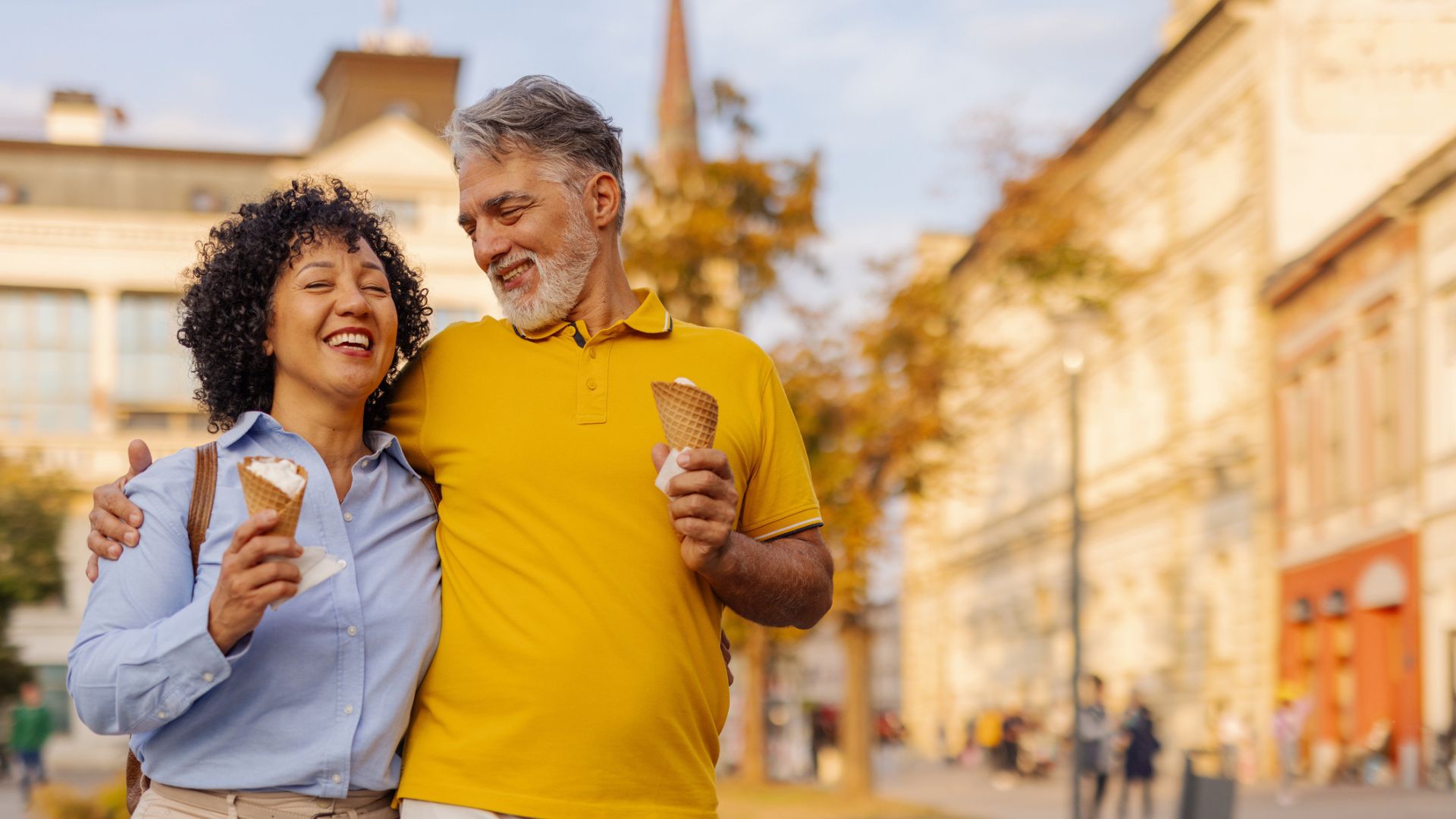 Unforgettable date ideas to make a great first impression or rekindle romance
Unforgettable date ideas to make a great first impression or rekindle romanceForget the same old first date formula - these unforgettable date ideas will leave them thinking about you long after you go home
By Natalie Denton Published
-
 What happens when you give up alcohol? Here's what I learned two years sober
What happens when you give up alcohol? Here's what I learned two years soberWriter Charlotte Duff reveals what happens when you give up alcohol for good
By Charlotte Duff Published
-
 I tried different alternatives to caffeine to cure my sleep deprivation - here’s why I'm never going back
I tried different alternatives to caffeine to cure my sleep deprivation - here’s why I'm never going backWriter Kat Storr explored the alternatives to caffeine to figure out if she could give it up for good
By Kat Storr Published
-
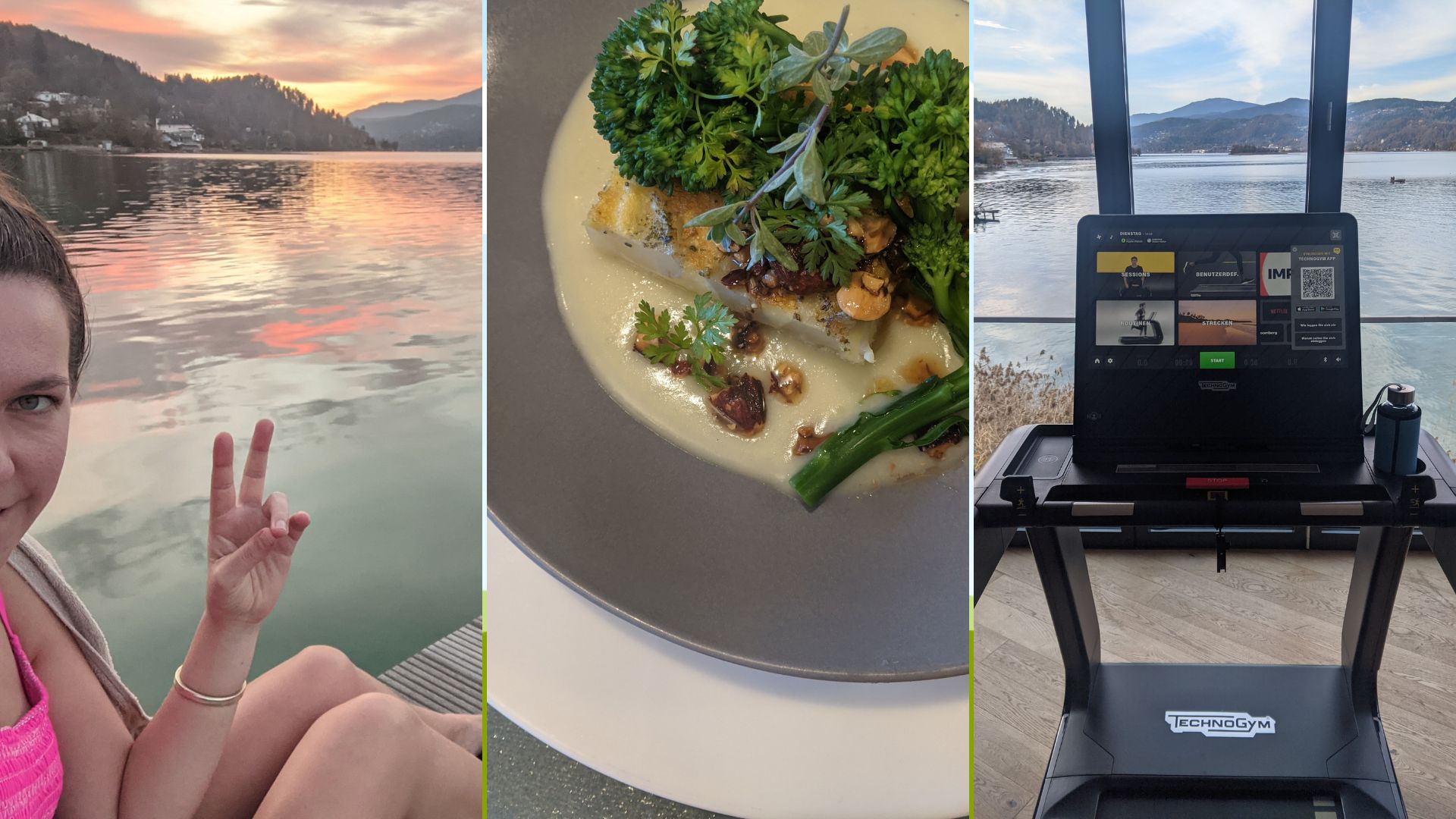 I spent a week at VIVAMAYR Maria Wörth on one of the hardest detox programs in the world - here’s what I learnt about The Mayr Method, and my health
I spent a week at VIVAMAYR Maria Wörth on one of the hardest detox programs in the world - here’s what I learnt about The Mayr Method, and my healthTravel writer Lydia Swinscoe spent seven days at VIVAMAYR Maria Wörth medical resort in Austria
By Lydia Swinscoe Published
-
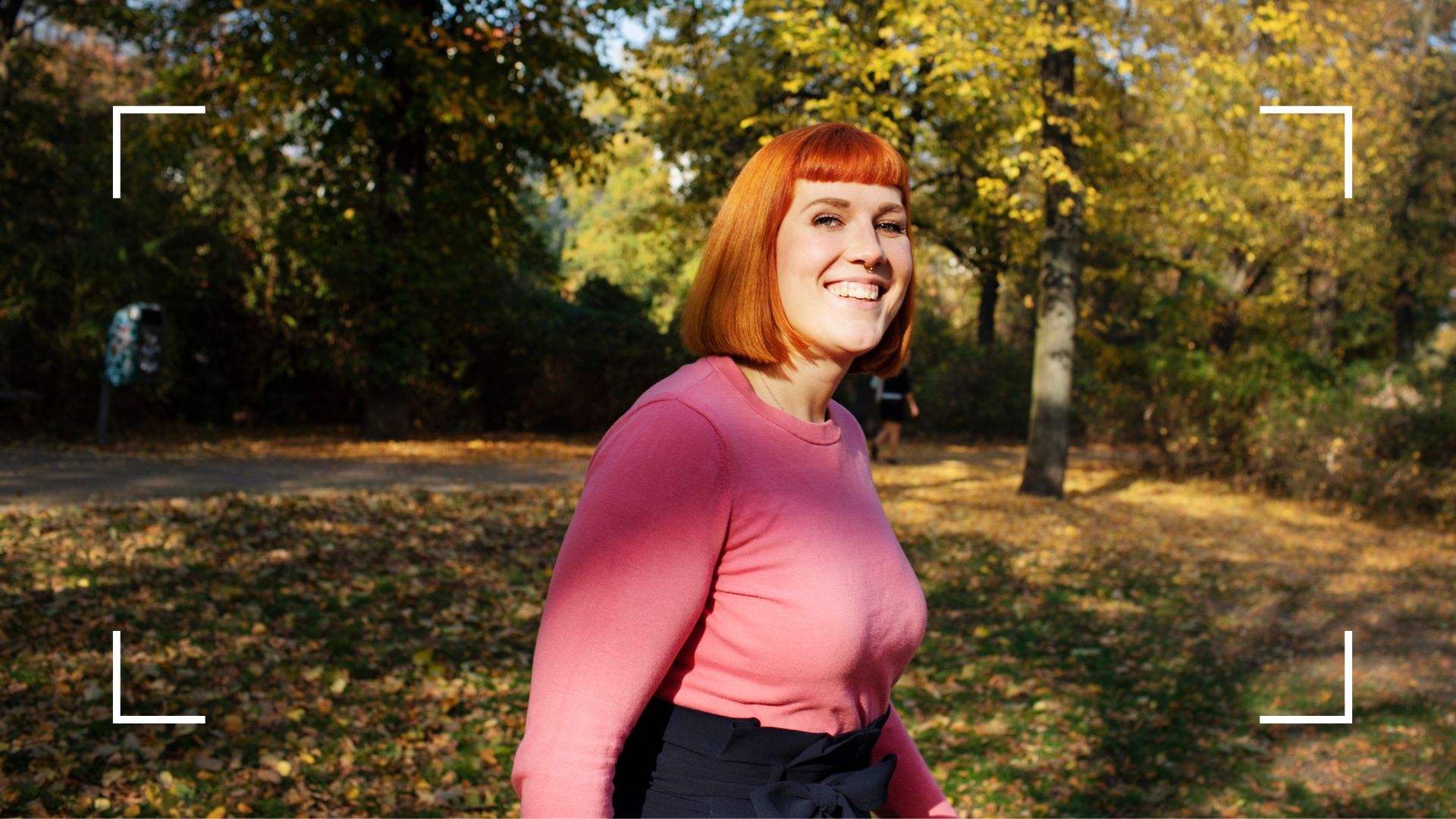 Walking vs running - which is better for your health goals?
Walking vs running - which is better for your health goals?If you're balancing up the benefits of walking vs running, here's what personal trainers want you to know
By Lauren Clark Last updated
-
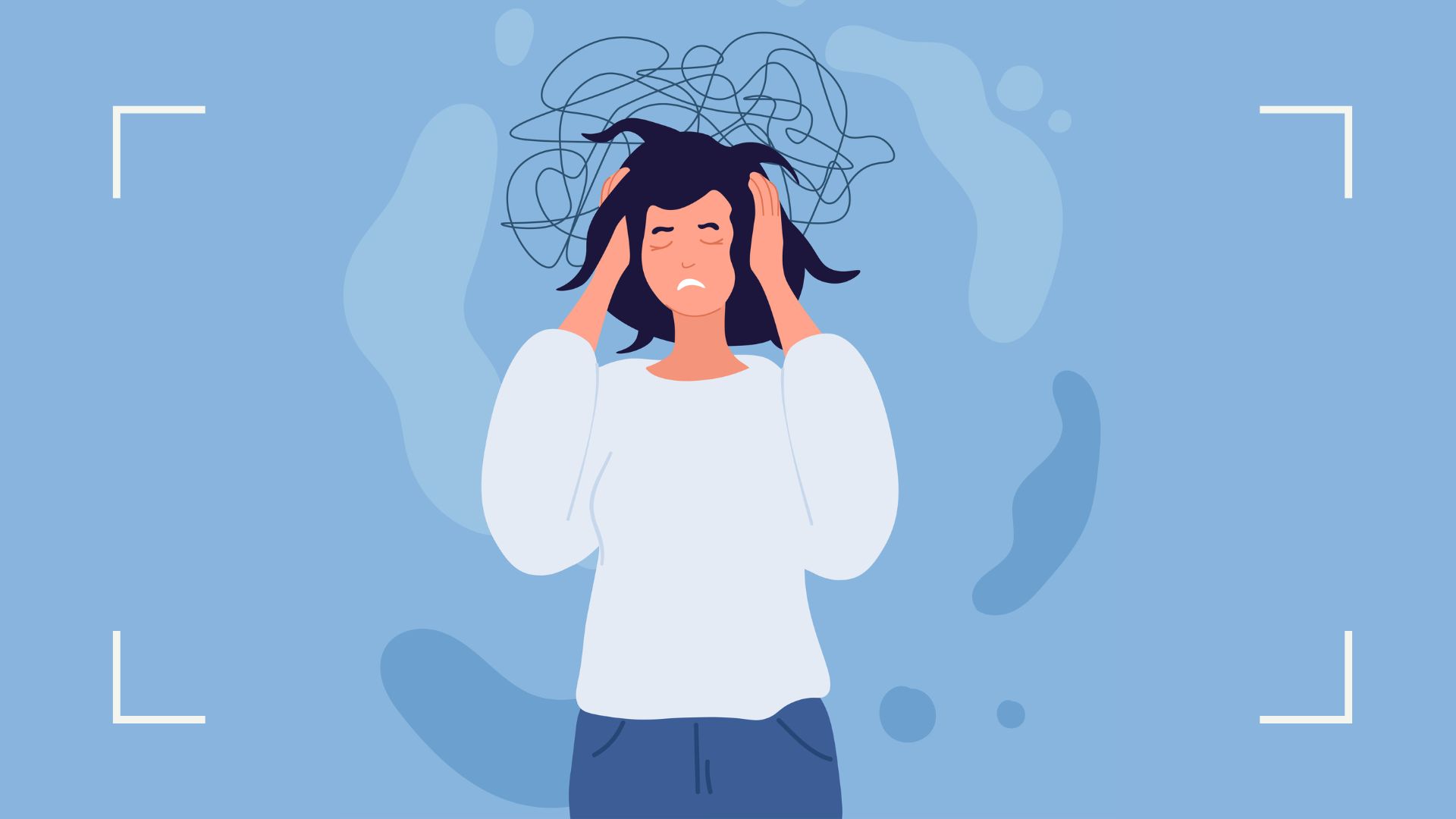 Caregiver burnout: “You must prepare early so you’re not firefighting through your tears”
Caregiver burnout: “You must prepare early so you’re not firefighting through your tears”Caregiver burnout is a serious problem, here an expert explains the symptoms to look for and where to get help
By Grace Walsh Published
-
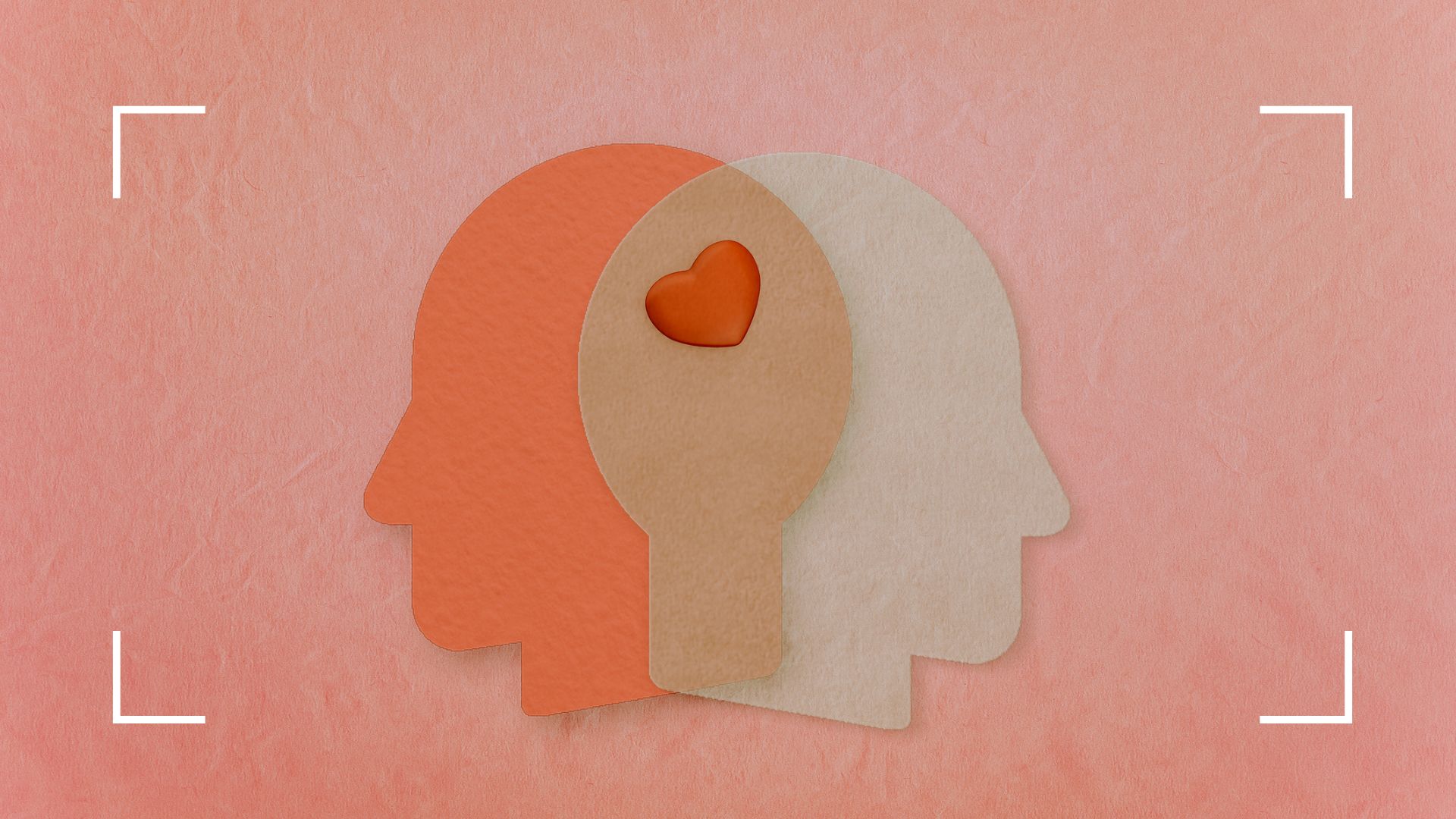 Can getting back with an ex ever work out? We ask an expert
Can getting back with an ex ever work out? We ask an expertHere’s everything you need to know about getting back with an ex, plus warning signs to avoid
By Grace Walsh Published
-
 How to sleep in the heat: 21 tips to try when it's too hot outside
How to sleep in the heat: 21 tips to try when it's too hot outsideIt can be hard to know how to sleep in the heat, so here sleep specialists, nutritionists, and doctors tell us how to do it best
By Grace Walsh Last updated
-
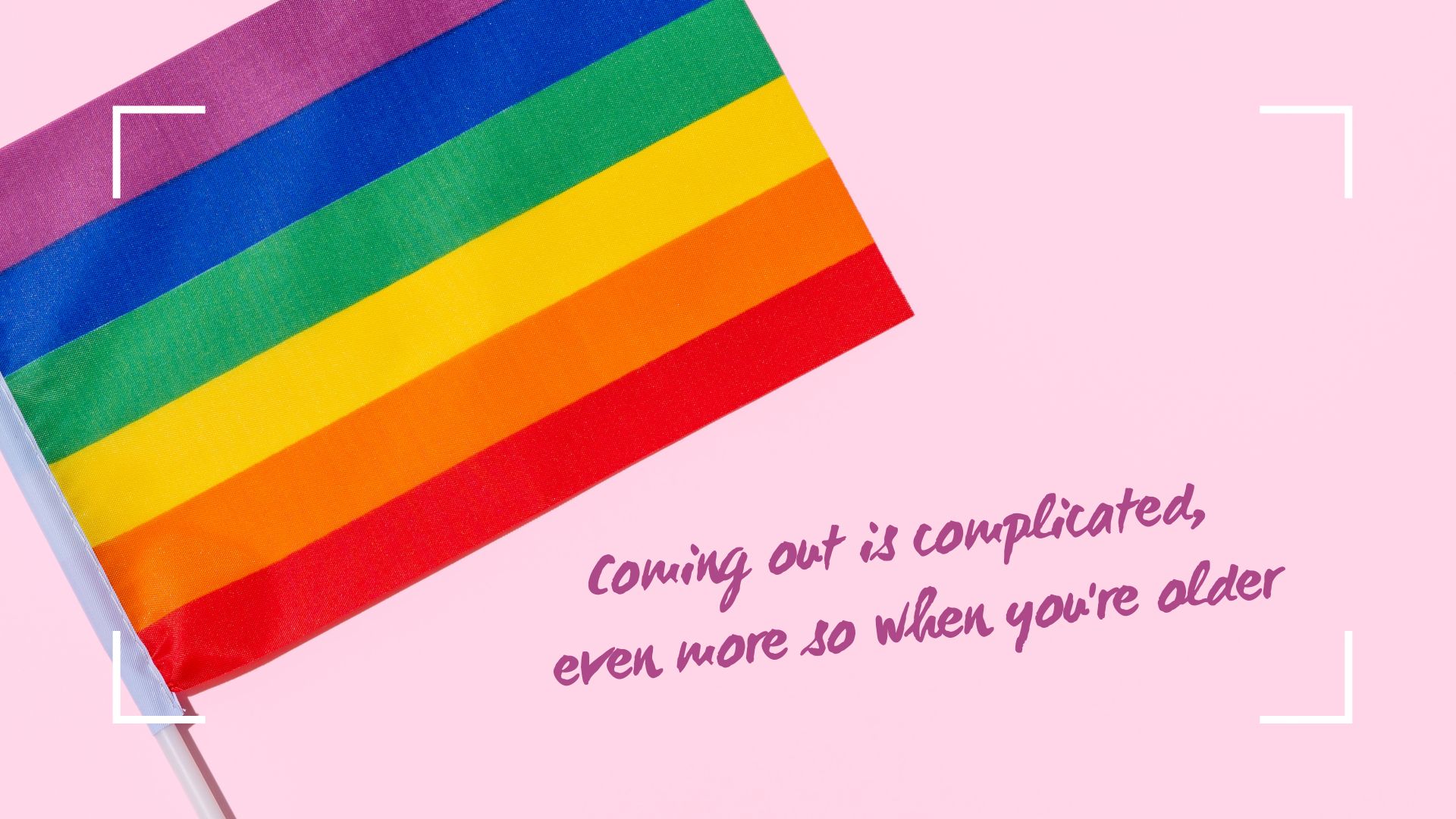 Opinion: Coming out is complicated, even more so when you’re older
Opinion: Coming out is complicated, even more so when you’re olderLater in life lesbianism, Lilly for short, is a thing. But why do some women only come out as gay in middle age?
By Caramel Quin Published